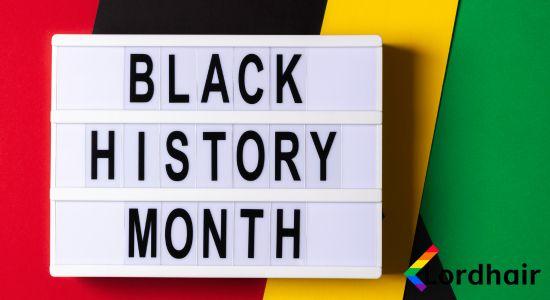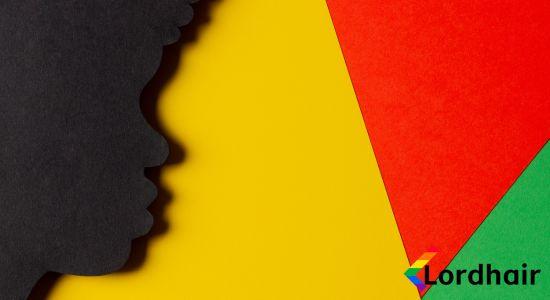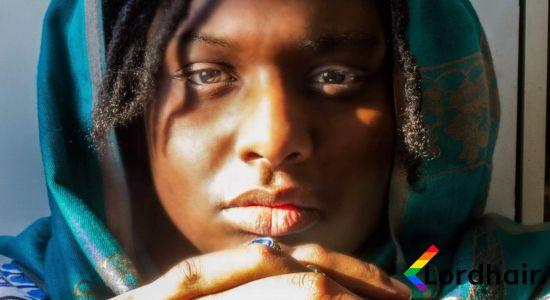The Natural Hair Movement and Resurgence of Black Hair Pride
- Written by Ray Fernandez
- | Published Oct 30, 2023
- |
- 3 min read
 Listen to the full text
Listen to the full text
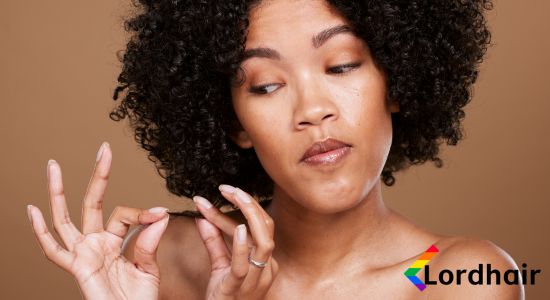
In recent years, a cultural shift has taken place that has empowered black individuals to embrace their natural hair textures, styles, and beauty. This movement, known as the Natural Hair Movement, has gained momentum and is becoming more than just a trend - it is a celebration of black hair and a way to foster self-acceptance and cultural pride.
While reading the next paragraph, place yourself in Europe for a moment. Eurocentrism is a term that refers to the dominance and privileging of European culture, history, perspectives, and values at the expense of other cultures and societies. This ideology stems from a long history of European colonialism and imperialism, where European powers sought to establish cultural and intellectual superiority over the rest of the world.
Reclaiming and Celebrating Authentic Selves
For too long, black hair has been stigmatised in society. Eurocentric beauty standards have often dictated that straight hair is the epitome of beauty, leaving those with natural hair feeling inadequate and unworthy. However, the Natural Hair Movement has challenged these standards and encouraged black individuals to embrace their hair in its natural state, free from chemicals and alterations.
One of the driving forces behind this movement is the desire to reclaim and celebrate authentic selves. Many black individuals grew up feeling pressured to conform to societal expectations by chemically straightening their hair or wearing wigs, hair replacement systems and extensions. However, as awareness and self-acceptance grow, they are now choosing to wear their hair in its natural state, proudly displaying their heritage and cultural identity.
The internet and social media have played a significant role in the resurgence of black hair pride. Platforms like YouTube, Instagram, and X (Twitter) have provided a space for black individuals to share their personal hair journeys, offer advice, and showcase various natural hairstyles and techniques. This virtual community has not only educated and empowered black individuals but has also helped to connect and unite people from different backgrounds who share similar hair experiences.
The likes of Beyoncé and Rihanna, along with other leading black performers, have played a significant role in promoting self-love, pride, and empowerment within the black community and beyond. Through their music, activism, and public personas, they encourage individuals to embrace their blackness, celebrate their unique beauty, and challenge societal norms and expectations. However, some fans and observers have been left feeling conflicted when these artists sport straight hair, as it seems to contradict the message of self-love and acceptance they promote.
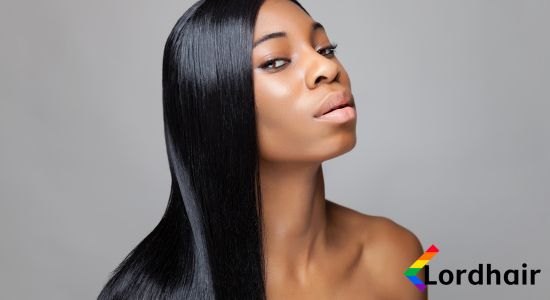
Personal stories have been instrumental in the Natural Hair Movement. We hear of individuals who have struggled with their hair, feeling ashamed or embarrassed by its texture or volume and their hair loss. However, through the embracing of their natural hair or hair loss solutions, they have gained confidence and a sense of pride that extends beyond their physical appearance. These stories serve as a reminder of the power of self-acceptance and the impact it can have on one's overall well-being.
Restore your natural hair to its former glory with women's hair integration and wigs!
You may also be interested in other black hair blogs to celebrate Black History Month:
- The historical journey of black hair
- Black hair during and after emancipation
How the Natural Hair Movement Has Broken Down Barriers
The Natural Hair Movement has also had an impact on the beauty industry. More and more, we are seeing natural hair products catering specifically to black hair textures. This includes everything from shampoos and conditioners to styling creams and hair replacement systems and oils. This shift is not only indicative of the growing demand for natural hair care products but also of the recognition and validation of black hair as beautiful and worthy of specialised attention.
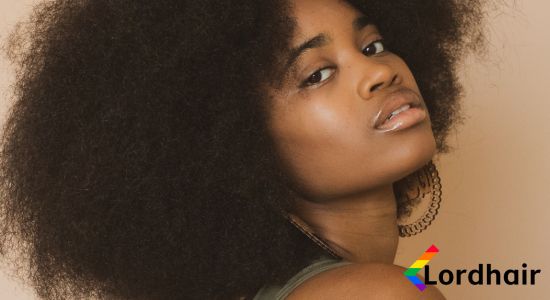
In addition to the personal benefits, the Natural Hair Movement has broader cultural implications. It has sparked conversations about systemic racism and the ways in which Eurocentric beauty standards have influenced the perception of black beauty. By challenging these standards, the movement celebrates black hair as an integral part of black culture and heritage. It serves as a form of resistance against societal pressures to conform and assimilate, creating a space for individuals to embrace their authentic selves and affirm their worthiness just as they are.
Black Hair Is Beautiful
The Natural Hair Movement and the resurgence of black hair pride continue to grow and evolve. It is a celebration of black beauty and a way to reclaim and affirm cultural identity. Through personal stories, the influence of social media, and a changing beauty industry, the movement is fostering self-acceptance and empowering black individuals to embrace and love their natural hair. As we celebrate this movement, we must also continue to challenge and dismantle the deeply ingrained biases that perpetuate the idea that only certain hair types are beautiful. Black hair is beautiful in all its diverse textures, styles, and expressions, and it is time for society to recognise and celebrate this truth.
Ray is a guest contributor to our blogs with an extensive background in PR. Ray loves to discuss his own hair systems (also commonly known as men’s human hair wigs, hair toupees, hair units, and men’s hairpieces) journey by offering insights into wearing and styling a toupee wig as well as providing observations on the role of hair in sexual and gender identity from an LGBTQ+ perspective. Be sure to check out more of Ray’s Diversity content.

